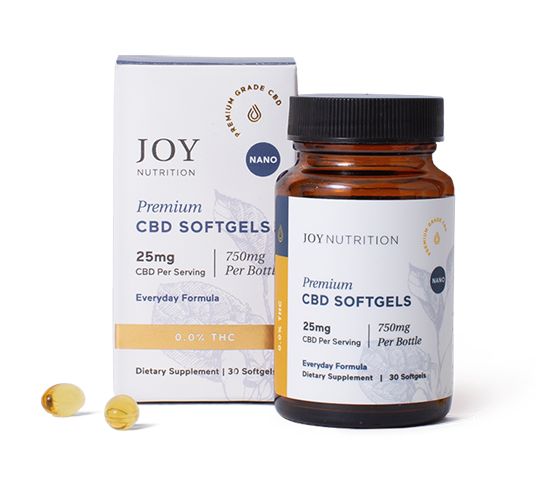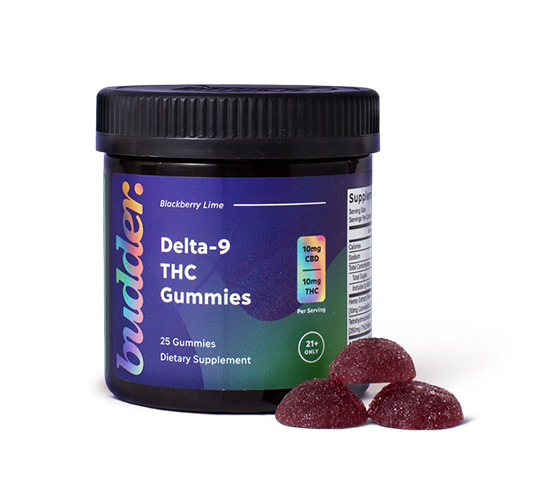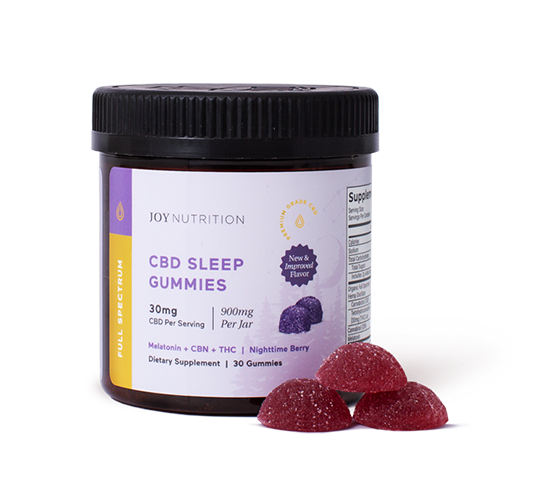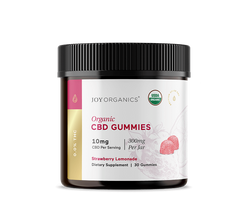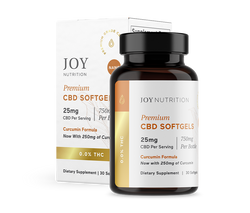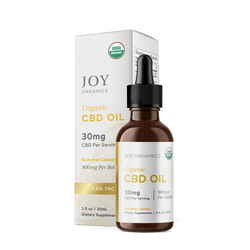Over 3.5 Million Products Sold
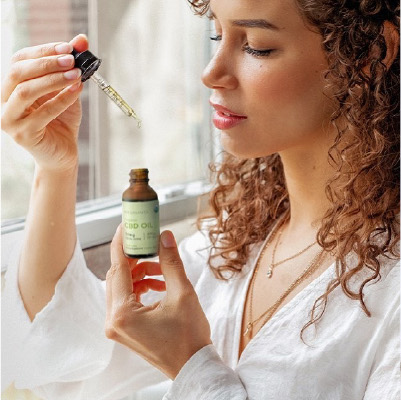

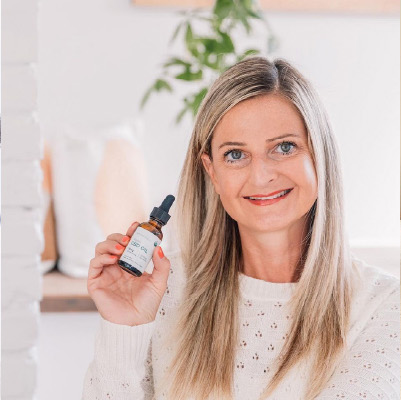
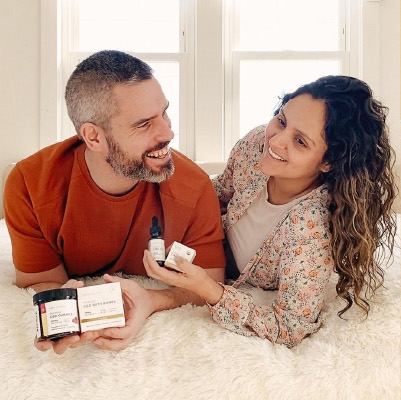
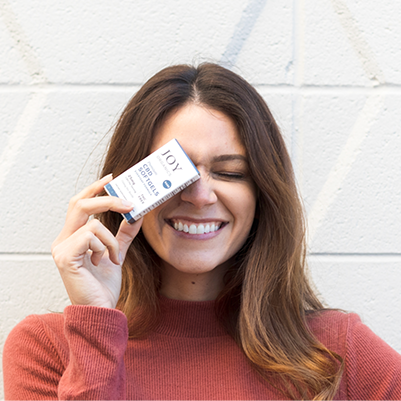
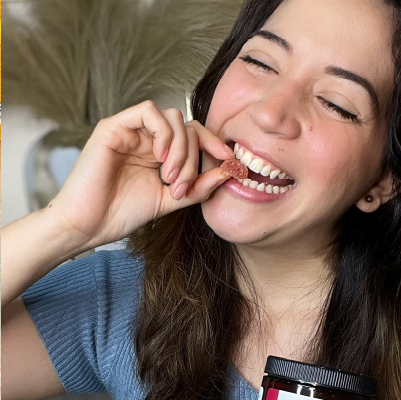
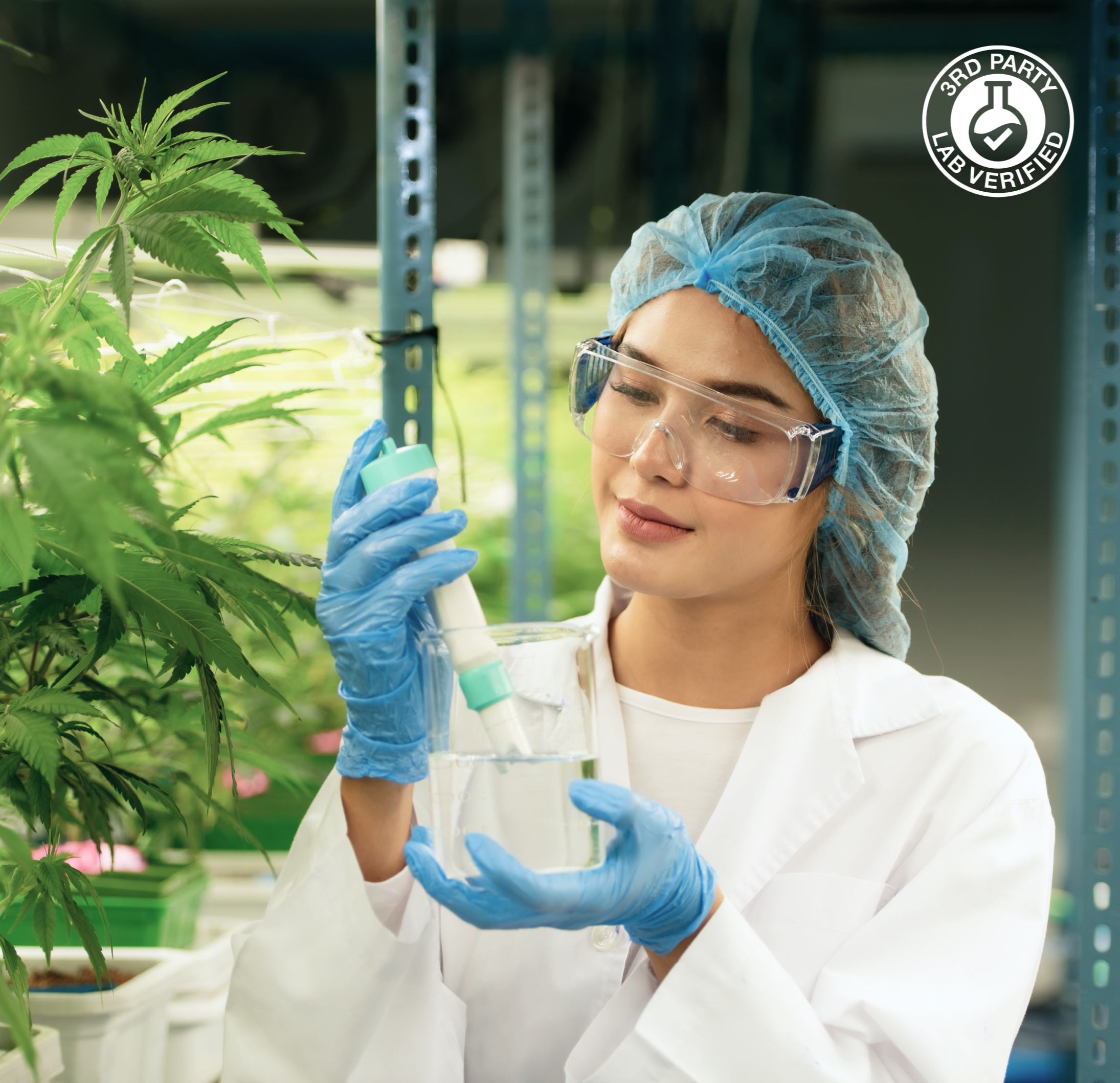
Safety You Can Trust
Our CBD products are crafted for your peace of mind: organically grown hemp, organic-certified extraction, cGMP manufacturing, and rigorous third-party testing for over 100 contaminants. Backed by Colorado's strictest compliance and over 3.5 million units sold, we ensure the highest safety and quality for your wellness journey.

Our Top Sellers
Best selling solutions to improve your daily life

Joy Guaranteed

"Their products are third-party tested, certified organic, and loved by reviewers."

"We love that these products were created by someone who is passionate about bringing only the highest quality CBD products to the market."

"The oil is one of the best-tasting and cleanest formulas you can buy for yourself today."





